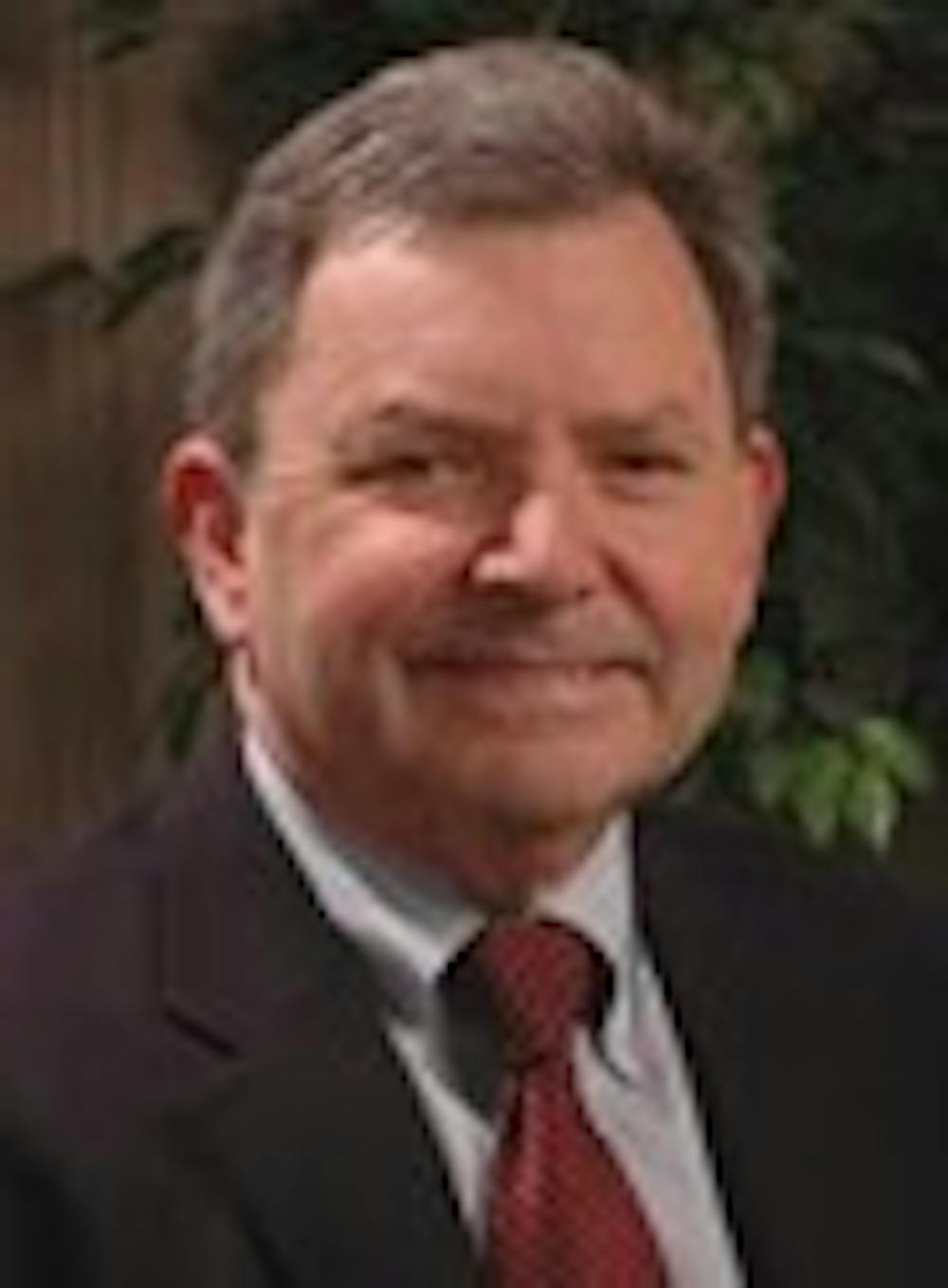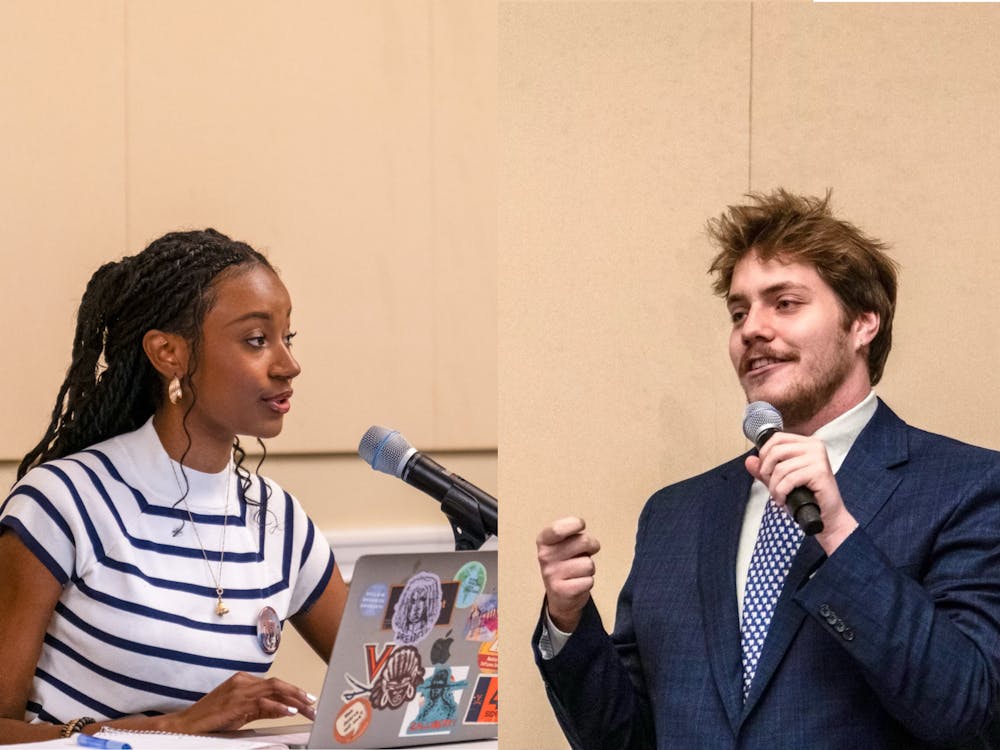Phillip Parrish, interim vice president for research at the University, died unexpectedly Wednesday. Parrish had served as the interim vice president for research for more than two years at the time of his death, previously holding the position of associate vice president for research.
In Parrish’s more than two decades at the University, he encouraged research collaboration across schools and research centers on Grounds, helping to develop three news research institutes at the University.
“Two of those were just recently announced, and the first one was the Brain Institute and the two most recent were the Environmental Resilience Institute and the Global Infectious Diseases Institute,” David Hudson, senior associate vice president for research, said. “These were really his doing, his insight, his leadership.”
The Brain Institute, established in 2016 as a network of faculty and students from multiple schools and the Data Science Institute, focuses on understanding the brain, treating brain diseases and teaching what is learned.
Brain Institute director Jaideep Kapur said Parrish was “instrumental” in helping launch the institute.
“He worked really hard to make sure that U.Va. would be a part of the network of universities in the Commonwealth, working with VCU, Virginia Tech, George Mason University and others to make sure the Commonwealth of Virginia was investing in brain research,” Kapur said. “Even though he was a physicist by training, he acquired a lot of passion for brain research, and that’s what I really respect him for.”
In his work with the Office of the Vice President for Research, Parrish helped launch an energy systems collaboration with the Max Planck Society’s Institute for Chemical Energy Conversion, as well as an initiative to foster partnerships with Latin American universities and companies in the areas of science, technology, policy and innovation. Parrish also helped develop the University’s Center for Automata Processing.
“He had good [skills] for how to encourage groups to come together to coalesce around research ideas and prepare grant applications to receive fundings for their activities,” Hudson said.
Parrish, who received his doctorate in material science and engineering from the University of Florida, worked as a principal scientist in material science at the Engineering School. He also helped establish the ResearchNET funding initiative.
“Phil was extremely key in the establishment of ResearchNet, which is a very special, centralized resource for helping assist faculty in learning about opportunities for research funding support and for enabling and supporting cross-University collaborations with investigators to secure funding,” Hudson said.
Although Parrish was impactful in advancing research at the University, his interests were not limited to the University, Hudson said.
“He had broad interest both in science and in University activities, and activities outside,” Hudson said. “We often spoke about things like photography and drones — he was interested in the most recent unmanned aircraft systems — and he actually talked about getting into drone flight perhaps as a commercial activity in his retirement years.”
Hudson said Parrish was fun to work with, insightful and generous. He described Parrish as being a “low-key” leader.
“He led by making sure that he extracted or encouraged from the people around him their best thinking and their best approaches,” Hudson said. “And he helped support those approaches. He was not dictatorial, he was inclusive, he built consensus and he encouraged his people to take large share in helping form the ideas which he helped foster.”
“Those who knew him will greatly knew him will greatly miss him, including me,” Kapur said. “He really took an interest in advancing the cause of the University.”
Parrish’s memorial service will be held July 29 at 10 a.m. at Emmanuel Greenwood Church, 7599 Rockfish Gap in Greenwood, Va.






